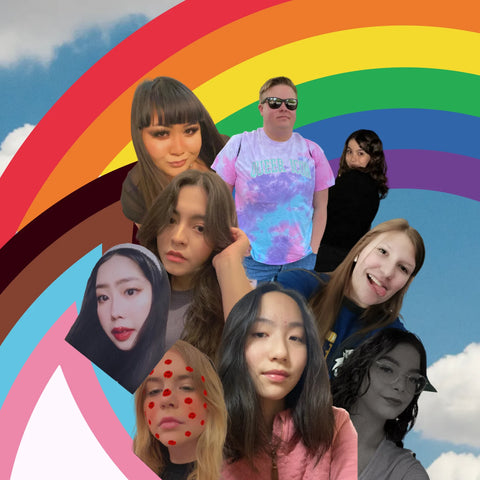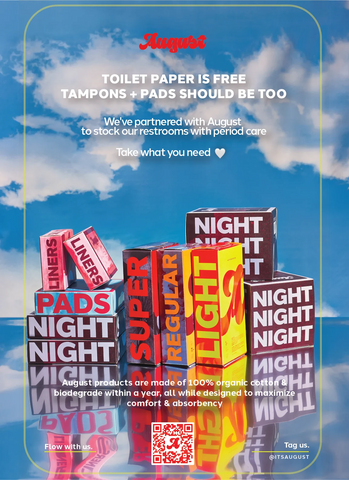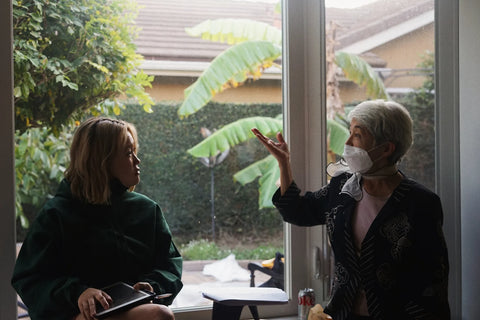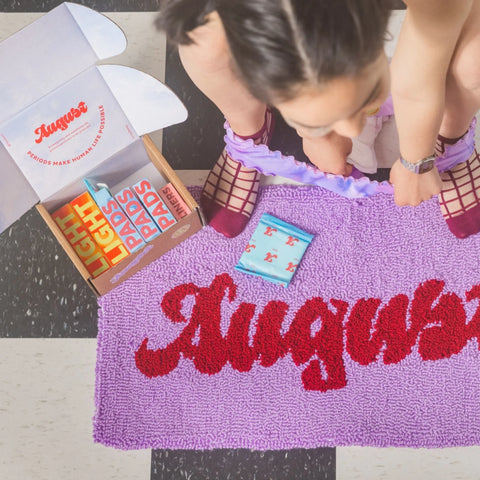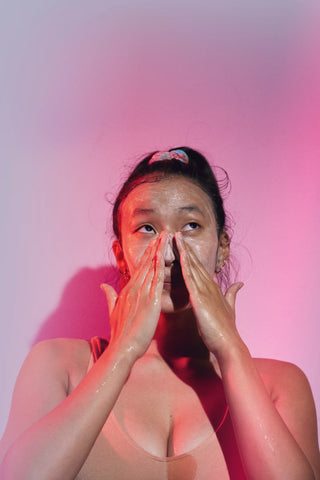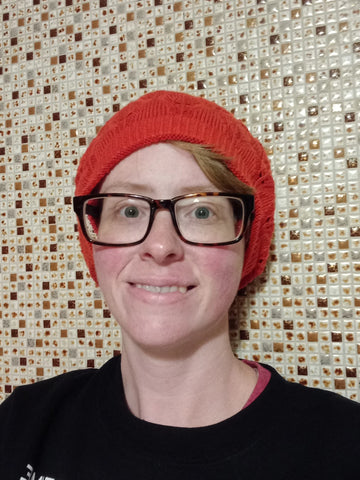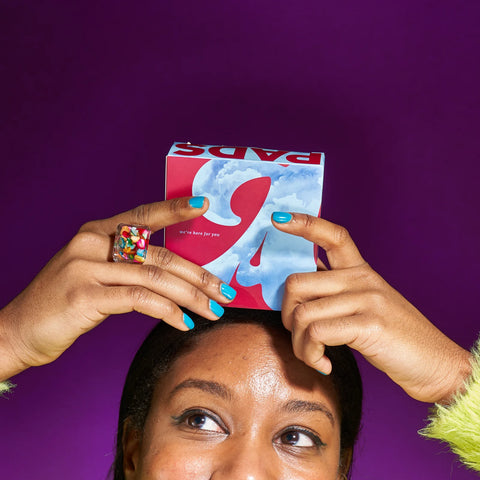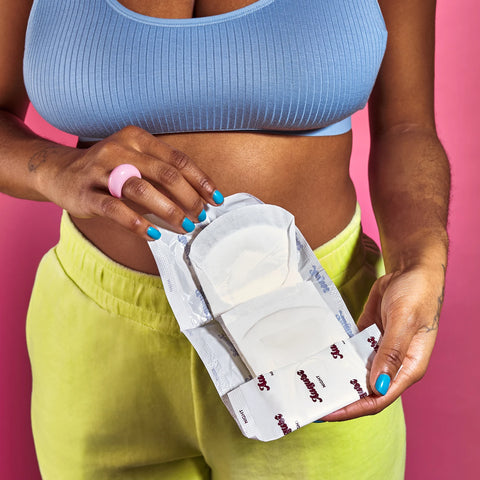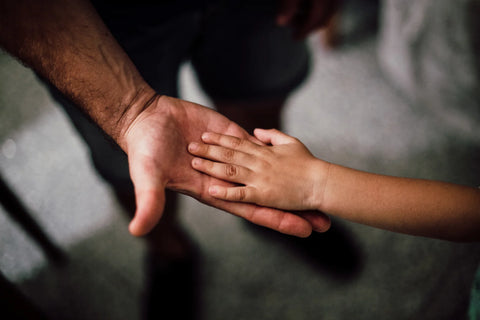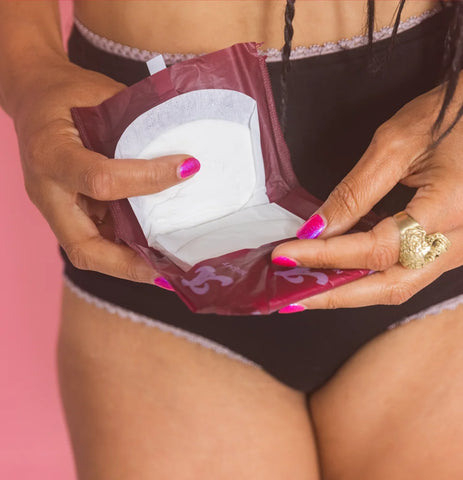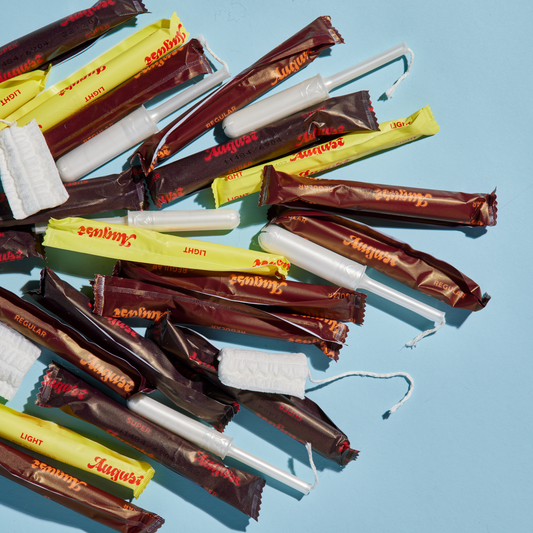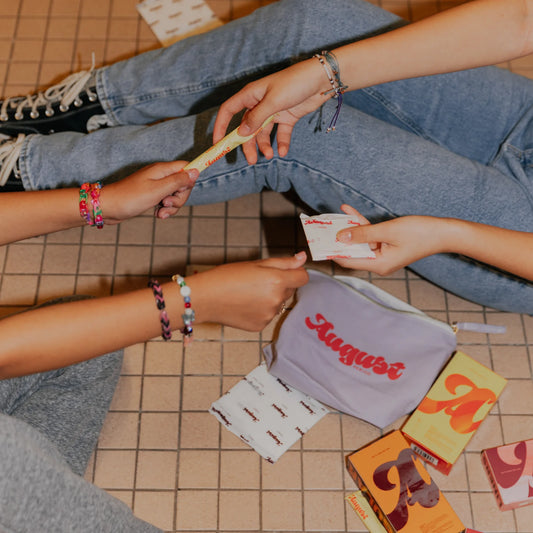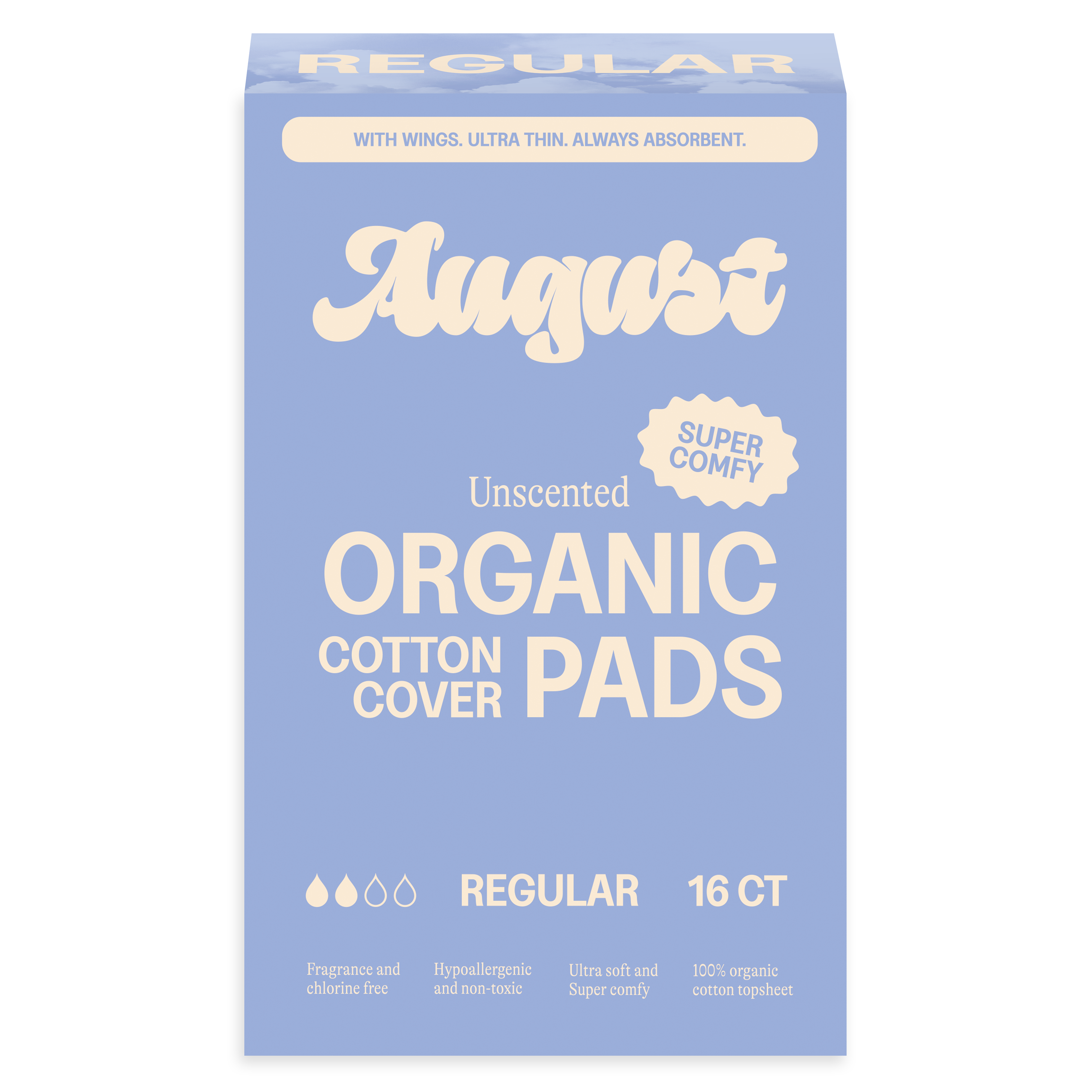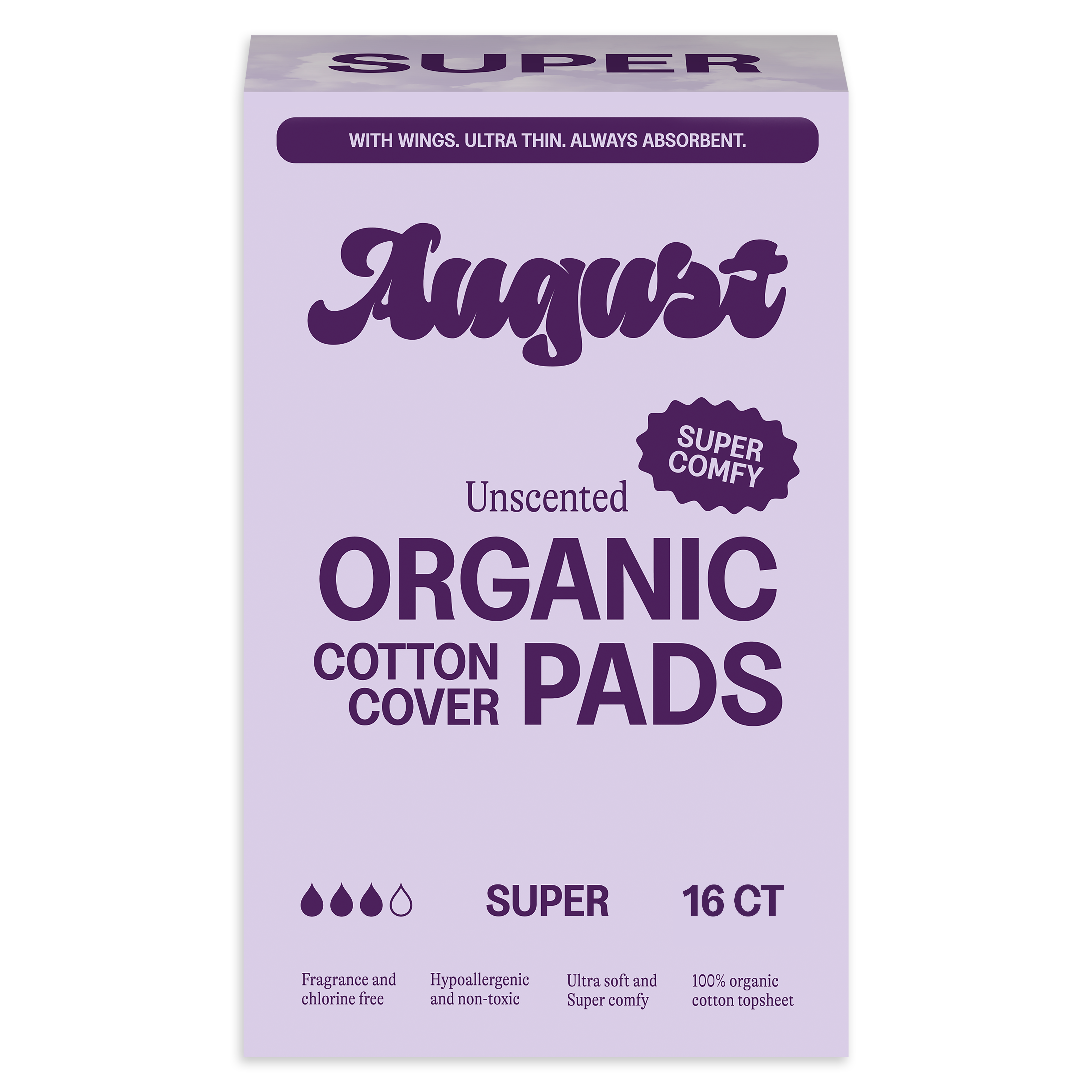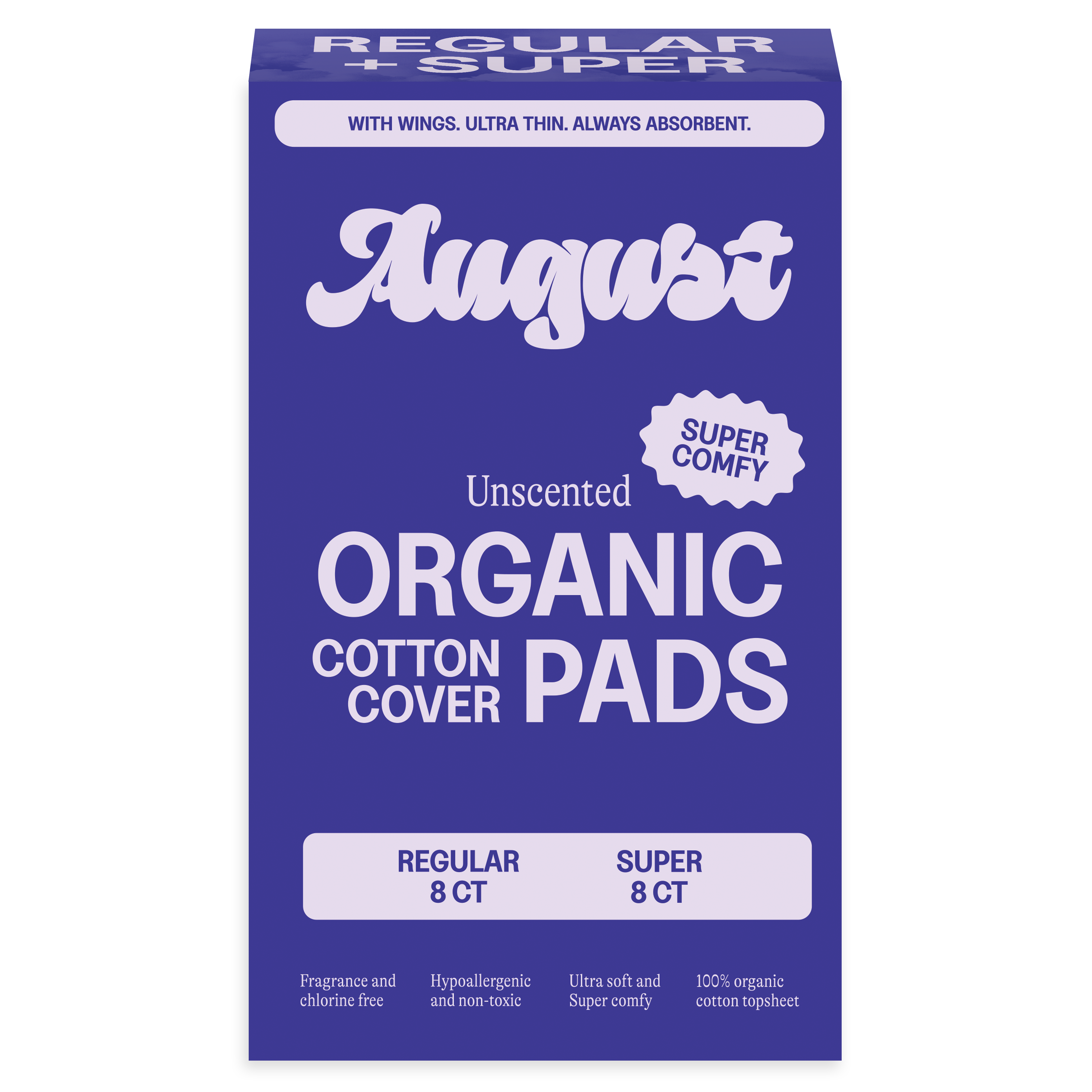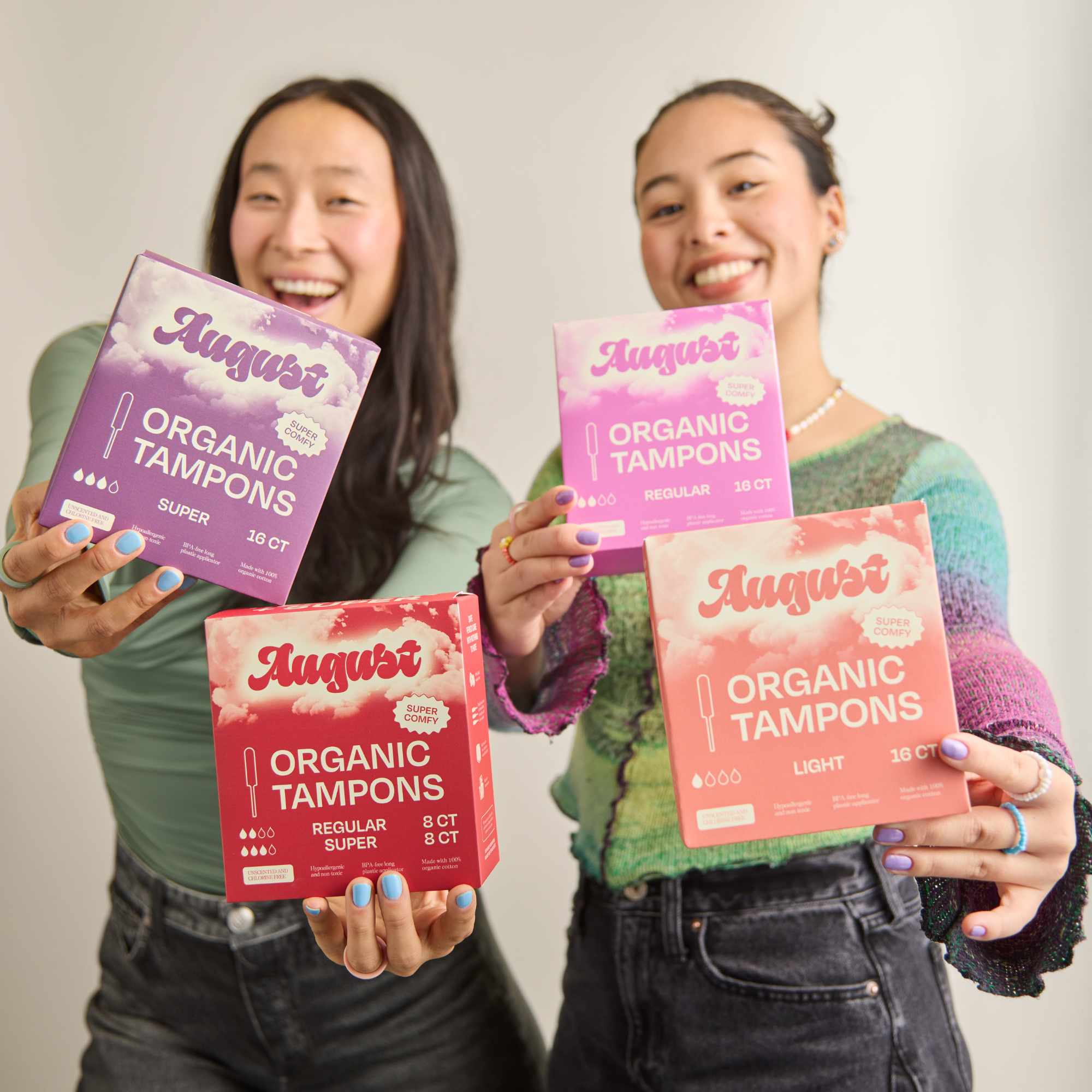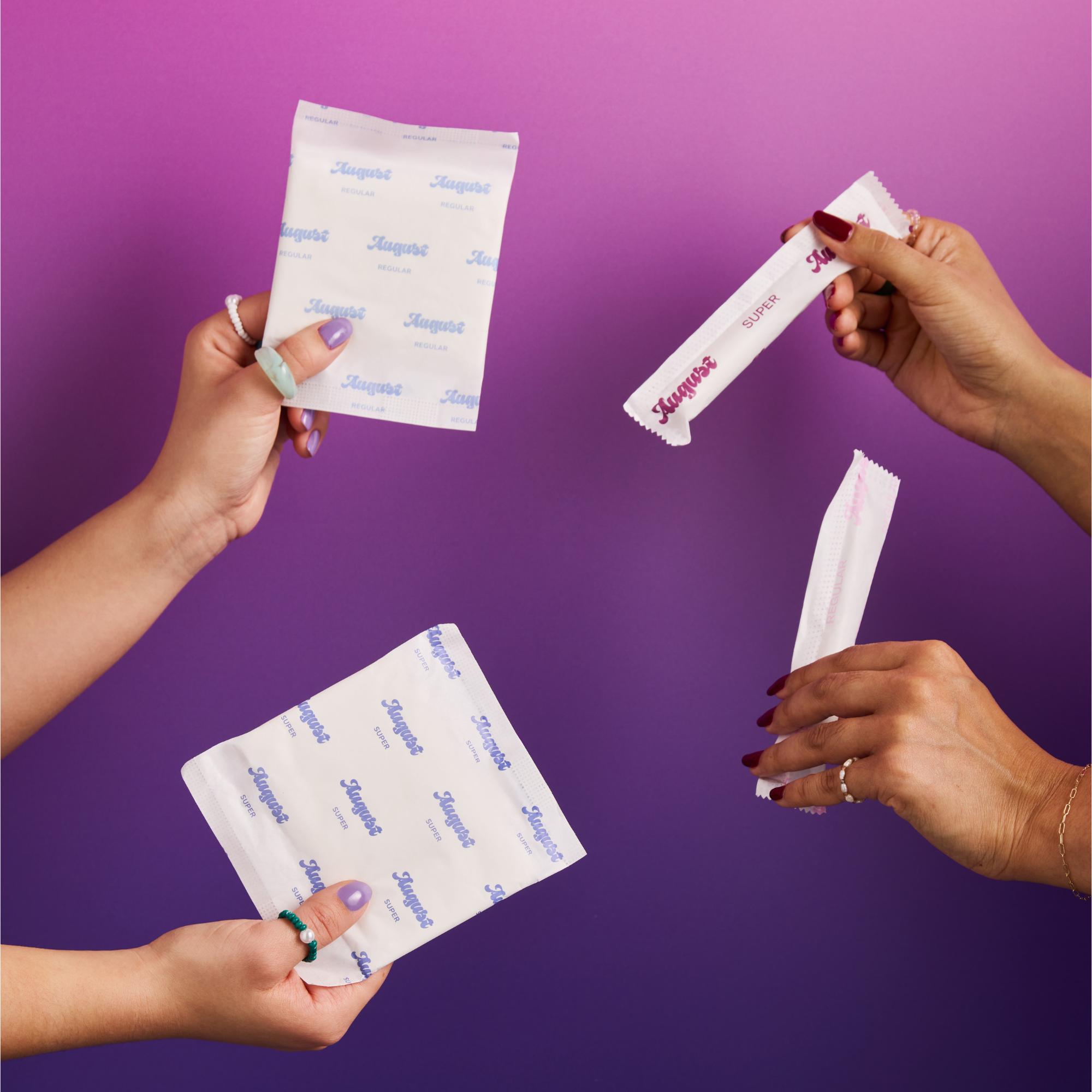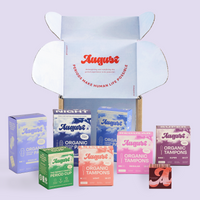What do you think of when you think of a Period Positive world?
August's Social Media and education Director, Ruby Moon, discussed this question with Candice Chirwa, the self-proclaimed Minister of Menstruation and came up with the following...
1) First and foremost, Period Rights are Human Rights

More than half of the global population will menstruate in their lifetime.
That’s a lot of people who are directly affected by getting a period, and who are trying to contribute to the society that surrounds them.
How can a person function in society without the basic tools to manage a period? For MH Day it is important to emphasize that everyone who menstruates has the access to manage their period with dignity and care.
2) Accessibility

As we push for a more sustainable world, it’s important to remember that not everyone has the same access (economically or even physically) to certain period products or services.
We should reflect on the fact that the period products should be free in public institutions (hospitals, clinics, schools, universities).
In addition, it’s important to note that, although menstrual cups and period panties are a great sustainable option, we must consider the people who aren’t physically able to insert a cup, or the people living in period poverty who might not have consistent access to laundry to wash their panties clean.
This leads us to inclusivity.
3) Inclusivity

An inclusive Menstrual Hygiene Day would ensure that ALL menstruating voices are being heard. That is, on gender, racial, physical body, economic, global and political fronts.
An intersectional lens is key when discussing menstrual equity.
August wants to remind everyone that: Not all menstruators are women, and not all women menstruate. Consider the trans & non-binary menstruators, the people who are now post-menopausal, or menstruators who had to get a hysterectomy, among others.
The menstruating population is a diverse one.
4) Products

Menstrual equity is all encompassing.
One main point is about the importance of choice in quality products. This Menstrual Hygiene Day, we want to advocate for agency. If someone can't use a tampon, allow them the choice to use a pad.
In addition, just because someone comes from a lower income bracket does not mean that they should be resorting to lower quality products.
There should be a choice among high quality products – not about whether to spend their money on period products versus food.
5) Facilities

Menstrual hygiene extends beyond products – to the sanitary facilities being used to manage your period.
It is a human right that one has access to clean water and sanitation, which is essential to every person, but especially a menstruator's life.
When changing period products, we require water to wash either our reusable products and our hands, we require garbage bins if we opt for disposable period products. And these facilities that we use need to be clean and adequate.
6) Social experience vs biological experience

Although periods are a 100% natural, biological process, the experience can be drastically different depending on the community norms that a person was born into. Besides irregular periods and other complications, all menstruators can relate to each other on some level in regards to cramps, cravings, bloating, hormonal acne, mood swings, etc. The social experience, however, is very dependent on how periods are discussed – is it in a positive way or a highly stigmatized way? At what age does your community begin to teach about periods? Is period-talk still considered taboo?
This is important to remember when fighting for menstrual equity because there may be unique barriers to tackle in certain places compared to other places around the world.
7) Period Stigma

Although cultural practices are super traditional and important for some, it's important that, as the world continues to expand and grow, we critically, yet respectfully, examine why certain practices have been maintained.
Breaking cultural taboos surrounding periods and menstruation is essential to achieving equality for women and all menstruators. Malala Yousafzai is known for questioning the cultural relevance of certain practices in Pakistan. At a UN International Women's Day she said: "cultural taboos are also bitterly affecting girls, and that's because the society is not giving equal status to girls and boys." According to the Global Women's Institute, "violence against women and girls, also referred to as gender-based violence, is one of the most pervasive and underreported human rights violations in the world."
Although not all women menstruate and not all women are menstruators, all menstruators experience discrimination based on this biological processes. Gender-based violence includes the denial of resources, services, and opportunities with the purpose of controlling or subjugating a person. Stigma is one aspect of periods that is very repressive. The biggest thing that we can do is to talk about it. Talk about periods openly, and honestly and start changing the global culture around them. If we get more people thinking critically about stigma then we can create shifts in subcultures.
8) Period Education

There is so much to say about education.
Period education is important because it can promote better understanding about your body including how powerful it is, and also how to notice signs that it’s time to rest it.
Another aspect of education is that, straight up, it’s not acceptable that because of a natural bodily function people with periods continue to be prevented from getting an education, earning an income and fully and equally participating in everyday life.
It was Nelson Mandela who said education is a powerful tool that changes the world, and this applies to period education. When a young menstruator is educated about their periods, they are more empowered and confident about it, instead of feeling embarrassed or ashamed.
Don’t forget: periods are POWERFUL. After all, they literally make human life possible. And that’s on what? PERIOD!

Read more about the purpose of Menstrual Hygiene Day and keep having those destigmatizing conversations with anyone who’s willing to listen.
Thanks to Candice Chirwa for collaborating on this article as well as joining us for an IG Live about Menstrual Equity and MH Day.

